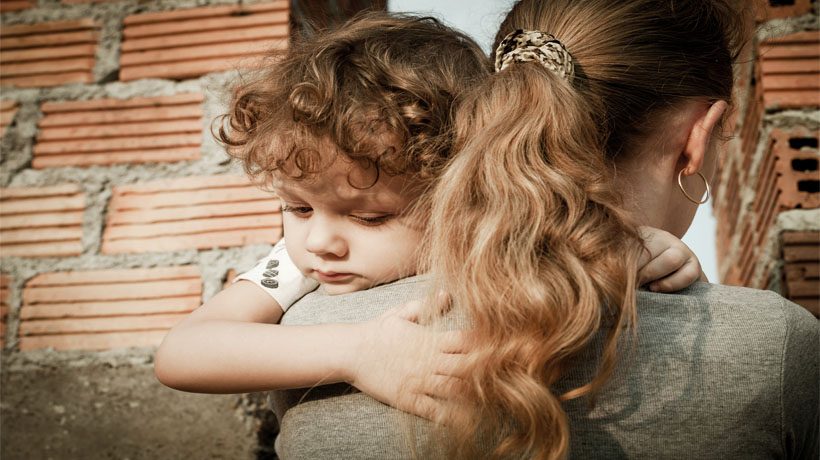If you’ve ever reminisced about being young and not having a care in the world, it might be time for a reality check. Sure, worries get more complex over time, but no matter the age, they are always a part of who we are. Here are the biggest worries—according to experts—that children have while growing up.
Infant/Toddler (0-2 years old)
These worries are mostly characterized by sensory disturbances and a fear of the unknown.
- Loud noises
- Strangers
- Separation
Young Child (2-5 years old)
At this stage, fears are still tied to the unknown but expand to supernatural curiosities involving ghosts, spirits or other-worldly monsters. This is also the time when children become more aware of their own mortality.
- The dark
- Ghosts/monsters
- Animals (especially dogs)
- Death/injury
Older Child/Preteen (6-12 years old)
Although children may get over their fear of supernatural creatures, more real fears will dominate their minds as they learn and grow. Watching the news may trigger fears of war, natural disaster or kidnapping. During this time as well, children become hyper-aware of social acceptance and rejection. Who remembers being picked last in gym class?
- Being home alone
- Natural disasters
- Failure
- The news
- Social rejection
- Snakes and spiders
- Blood/injury/sickness
- Death
- Kidnapping
Teenager (13-17 years old)
At this stage, there is some overlap of previous fears, but they become more involved. For instance, the fear of social rejection will dig a deeper hole into the psyche, and things like public speaking and gossip will be enough to make a heart skip or forehead sweat. This age group is also undergoing greater awareness of their success in the world and the possible consequences of their actions.
- School performance
- Sexual relations
- Public speaking
- Terrorism
- Crowds
- Divorce
- Gossip
- Injury
- Heights
- Being alone in the dark
It’s no secret that fear serves an invaluable evolutionary purpose to keep humans safe, but it’s also important to make sure that fears do not consume the lives or your children or your own.
“In the end… we only regret the chances we didn’t take, the relationships we were afraid to have, and the decisions we waited too long to make.” –Lewis Carroll
Sources:
https://www.extension.purdue.edu/providerparent/Child%20Growth-Development/Children_agerelated_Fears.htm
http://www.anxietycare.org.uk/docs/child.asp
https://www.webmd.com/parenting/features/childhood-fears-anxieties#1



